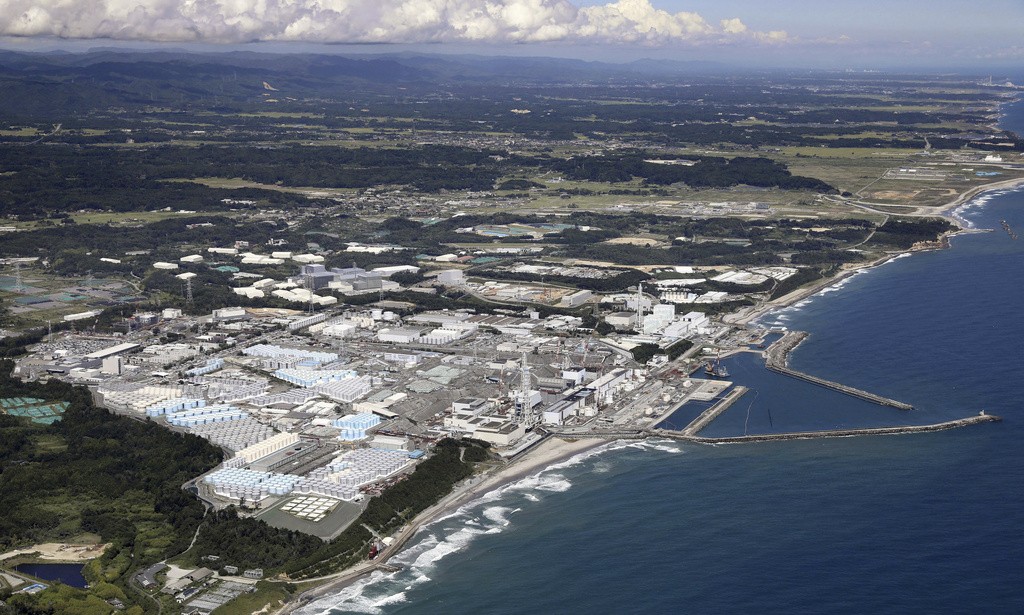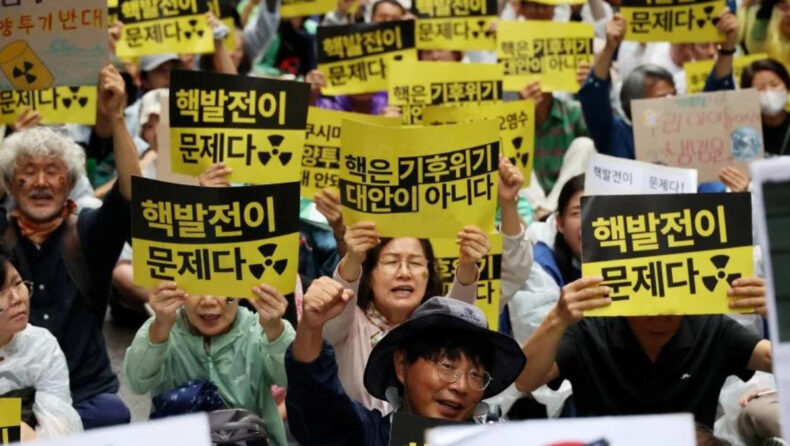The recent decision by China to suspend all imports of Japanese seafood has sent shockwaves through international trade circles. At the heart of this decision lies the aftermath of the Fukushima nuclear disaster, as Japan began discharging treated contaminated water from the crippled nuclear plant into the Pacific Ocean. This action has sparked controversy and a heated exchange of words between the two nations. In this article, we’ll delve into the motivations behind China’s move, its implications, and the broader context of Fukushima’s impact on global relations.
Table of Contents
Unveiling the Selfish Release of Wastewater
The controversy centers around Japan’s decision to release treated contaminated water from the Fukushima Daiichi nuclear power plant into the Pacific Ocean. Despite Japan’s insistence on the safety of the operation, China has decried it as an “extremely selfish and irresponsible act.” Beijing’s foreign ministry minced no words, asserting that the move would shift the risks onto the global community and burden future generations with the consequences.
China’s response was swift. Its customs authority declared the suspension of aquatic product imports from Japan, effective from August 24, 2024. This sweeping move encompasses a broad array of seafood products, including edible aquatic animals. The motive behind this decision is twofold: to preempt the potential food safety hazards arising from radioactive contamination and to safeguard the health of Chinese consumers.
A Blow to Japanese Seafood Exports
The ban casts a shadow over Japan’s seafood industry, a sector heavily reliant on exports. China was a pivotal market for Japanese seafood, importing more than $500 million worth of products from Japan just last year. The suspension of imports disrupts the supply chain and impacts the livelihoods of Japanese fishermen and related businesses.

Fukushima’s Lingering Ghosts
The Fukushima nuclear disaster of 2011 continues to haunt Japan and reverberate globally. The catastrophe saw three reactors at the Fukushima-Daiichi facility succumb to meltdown following a devastating earthquake and tsunami. In the aftermath, Tokyo Electric Power Company (TEPCO) collected 1.34 million cubic meters of contaminated water used to cool the damaged reactors, along with rainwater and groundwater seepage.
A Glimpse into Decommissioning
The release of approximately 540 Olympic swimming pools’ worth of treated water from Fukushima marks a significant step in the decommissioning process of the plant. Despite concerns, the International Atomic Energy Agency has deemed the discharge safe. However, China remains unconvinced, highlighting Japan’s failure to adequately prove the legitimacy of the plan and the long-term reliability of the purification equipment.
Strained Diplomacy and Environmental Concerns
The discord between China and Japan underscores broader questions about the balance between national interests, diplomatic relations, and environmental concerns. China’s assertion that the ocean is a shared resource and its condemnation of Japan’s action as a disregard for international public interest highlights the complexities of balancing domestic priorities with global consequences.

The Call for Transparency and International Accountability
Transparency emerges as a key demand in this situation. China’s skepticism about the safety of the wastewater release hinges on Japan’s ability to provide authentic and accurate data, demonstrating the harmlessness of ocean discharge to both the marine environment and human health. The absence of such proof further fans the flames of diplomatic tension.
The standoff brings to the forefront the notion of international accountability for environmental actions. China’s argument that Japan’s unilateral decision affects not only local populations but also global citizens calls for a more collaborative approach to addressing environmental challenges with transboundary implications.
Looking Ahead
The clash between China and Japan serves as a reminder that environmental concerns can serve as flashpoints in diplomatic relations. As the world grapples with climate change and environmental degradation, nations must navigate the delicate balance between national interests and global responsibilities.
In conclusion, the suspension of Japanese seafood imports by China in response to the Fukushima wastewater release underscores the intricate web of global environmental, diplomatic, and trade dynamics. This episode serves as a clarion call for heightened transparency, collaboration, and a shared commitment to safeguarding our planet’s health for present and future generations.













